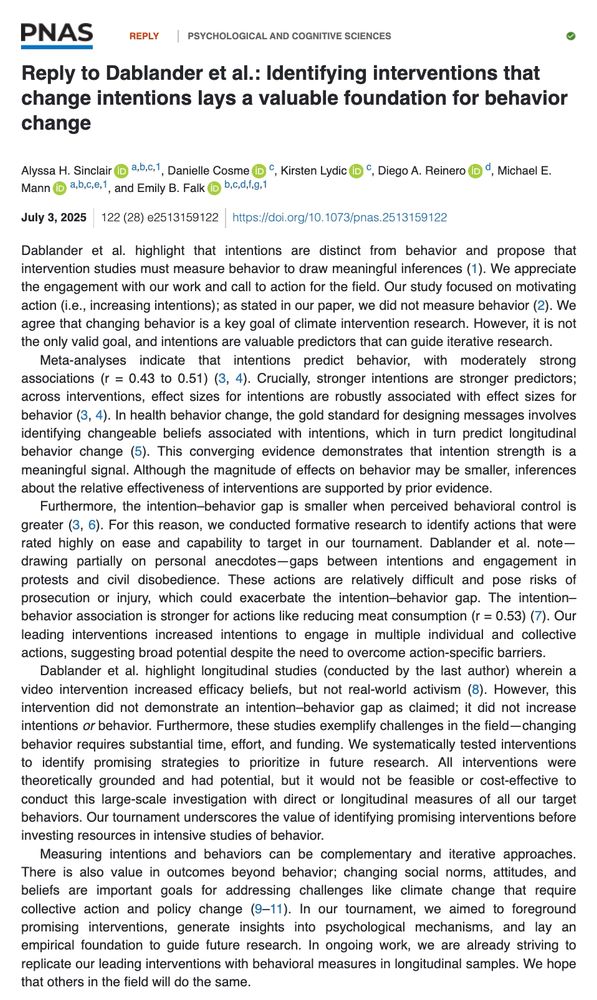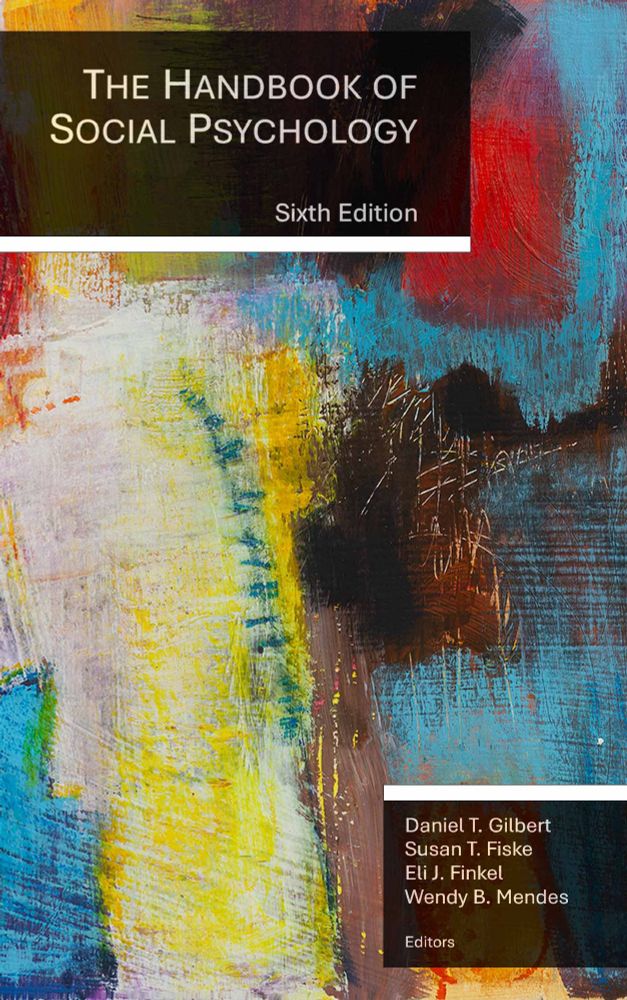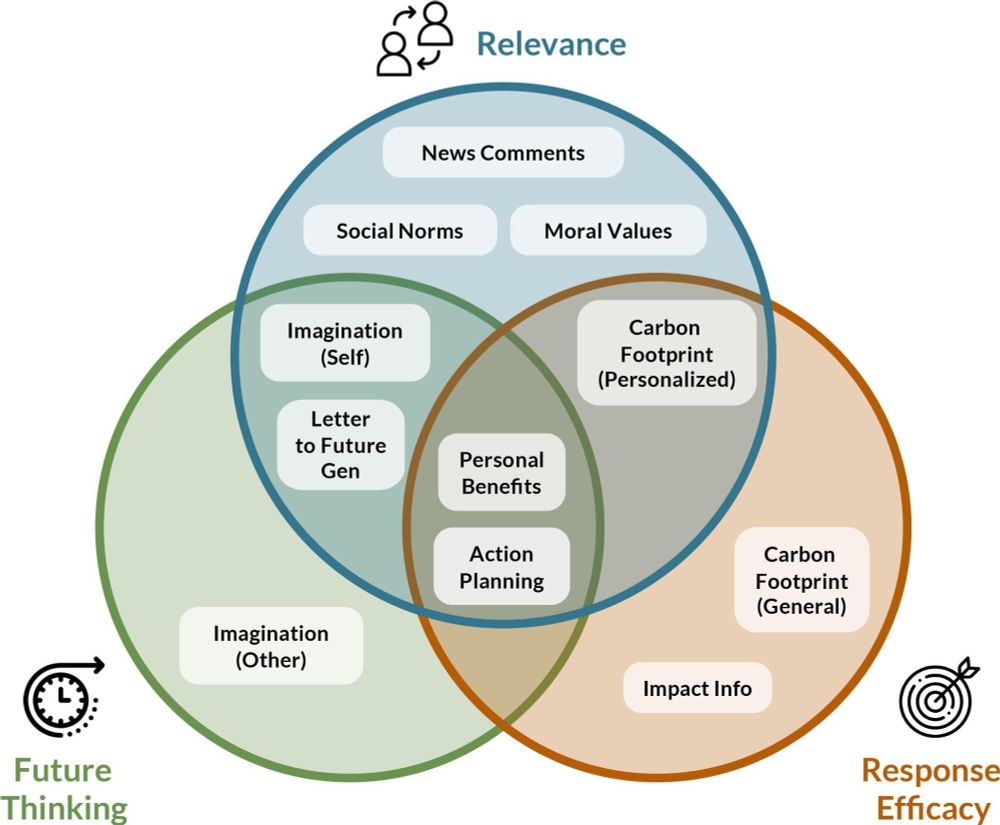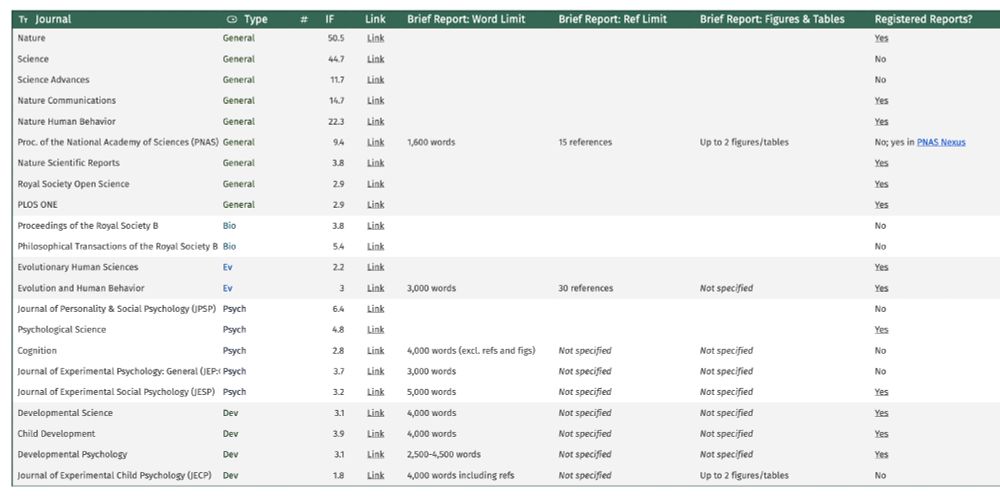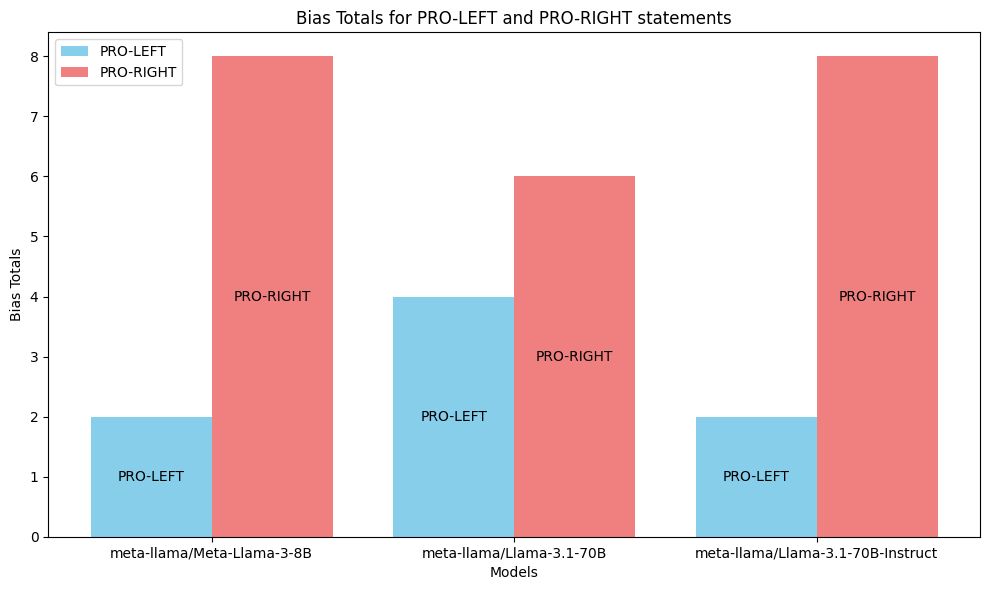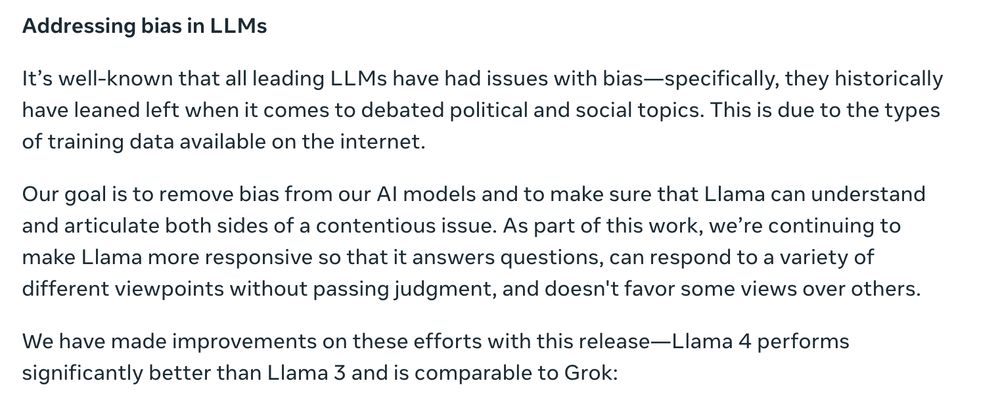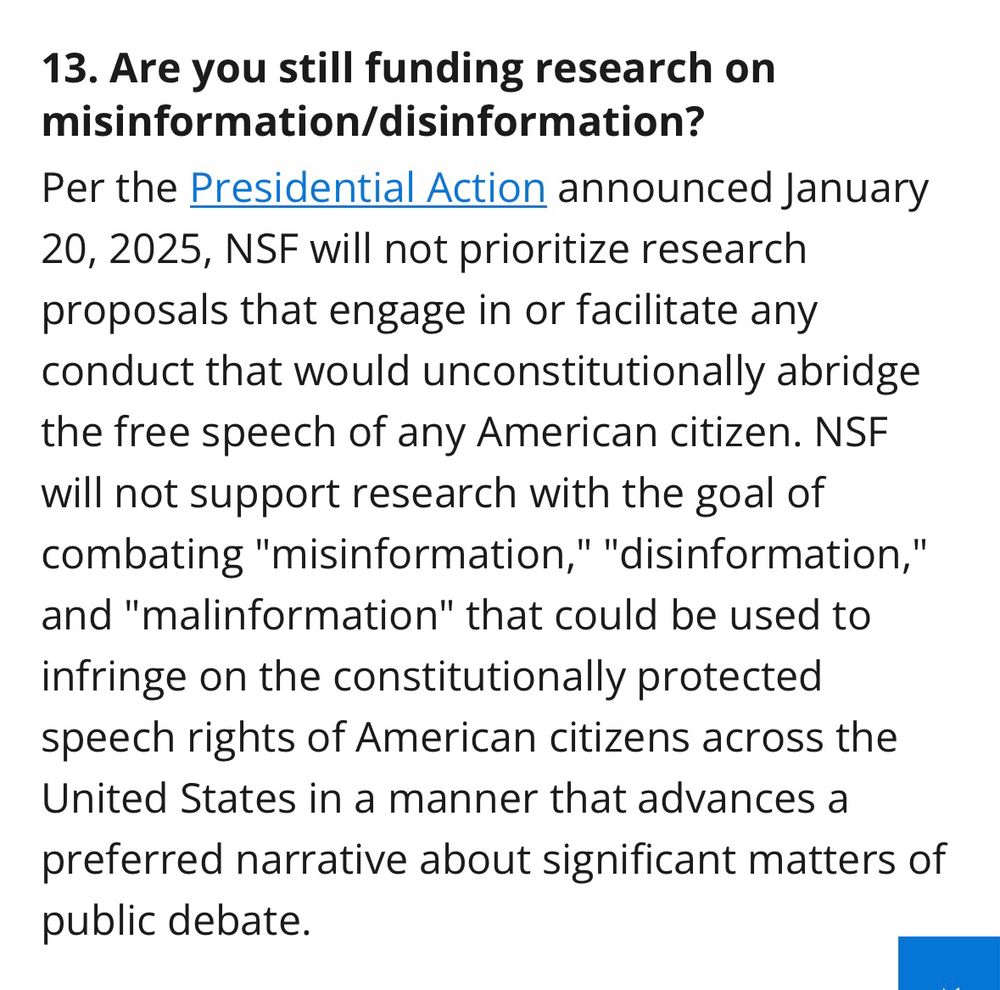Diego Reinero, Ph.D.
@diegoreinero.bsky.social
1K followers
380 following
35 posts
MindCORE postdoctoral research fellow @Penn studying how moral and political views change through conversations and social networks
Posts
Media
Videos
Starter Packs
Reposted by Diego Reinero, Ph.D.
Reposted by Diego Reinero, Ph.D.
Reposted by Diego Reinero, Ph.D.
Reposted by Diego Reinero, Ph.D.
Reposted by Diego Reinero, Ph.D.
Reposted by Diego Reinero, Ph.D.
Reposted by Diego Reinero, Ph.D.
Reposted by Diego Reinero, Ph.D.
Reposted by Diego Reinero, Ph.D.
Reposted by Diego Reinero, Ph.D.
Reposted by Diego Reinero, Ph.D.
Reposted by Diego Reinero, Ph.D.
Reposted by Diego Reinero, Ph.D.







